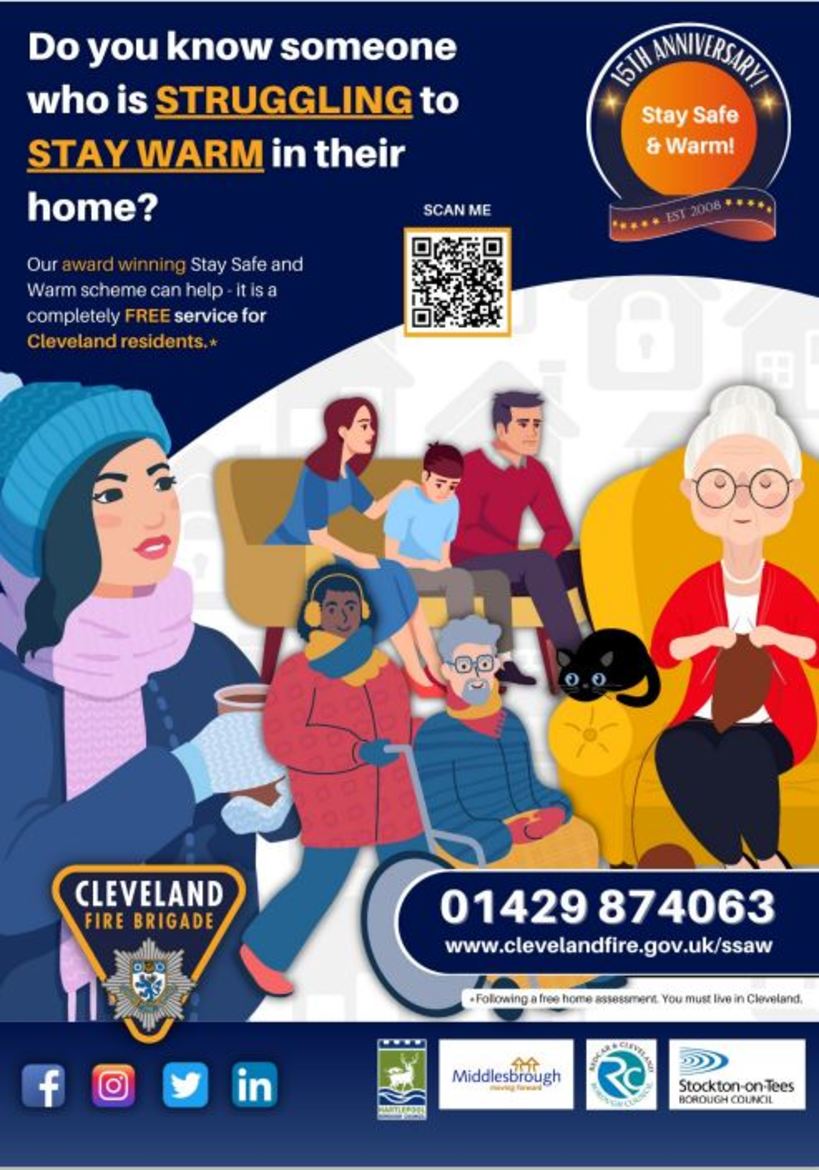COVID-19 Guidance

People with symptoms of a respiratory infection including COVID-19
As we learn to live safely with COVID-19, there are actions we can all take to help reduce the risk of catching COVID-19 and passing it on to others. These actions will also help to reduce the spread of other respiratory infections. COVID-19 and other respiratory infections such as flu can spread easily and cause serious illness in some people.
Vaccinations are very effective at preventing serious illness from COVID-19, however even if you are vaccinated there is a chance you might catch COVID-19 or another respiratory infection and pass it on to other people.
Who this guidance is for
Most people can no longer access free testing for COVID-19. This guidance is in 2 parts:
-
Actions you can take to protect other people if you are unwell with symptoms of a respiratory infection, including COVID-19, and you have not taken a test for COVID-19.
-
Advice for people who have taken a COVID-19 test and have received a positive test result.
Symptoms of respiratory infections, including COVID-19
Respiratory infections can spread easily between people. It is important to be aware of symptoms so you can take action to reduce the risk of spreading your infection to other people.
The symptoms of COVID-19 and other respiratory infections are very similar. It is not possible to tell if you have COVID-19, flu or another respiratory infection based on symptoms alone. Most people with COVID-19 and other respiratory infections will have a relatively mild illness, especially if they have been vaccinated.
If you have symptoms of a respiratory infection, such as COVID-19, and you have a high temperature or you do not feel well enough to go to work or carry out normal activities, you are advised to try to stay at home and avoid contact with other people.
Symptoms of COVID-19, flu and common respiratory infections include:
- continuous cough
- high temperature, fever or chills
- loss of, or change in, your normal sense of taste or smell
- shortness of breath
- unexplained tiredness, lack of energy
- muscle aches or pains that are not due to exercise
- not wanting to eat or not feeling hungry
- headache that is unusual or longer lasting than usual
- sore throat, stuffy or runny nose
- diarrhoea, feeling sick or being sick
You can find information about these symptoms on NHS UK.
If you are concerned about your symptoms, or they are worsening, seek medical advice by contacting NHS 111. In an emergency dial 999.
What to do if you have symptoms of a respiratory infection, including COVID-19, and have not taken a COVID-19 test
Try to stay at home and avoid contact with other people
If you have symptoms of a respiratory infection, such as COVID-19, and you have a high temperature or do not feel well enough to go to work or carry out normal activities, try to stay at home and avoid contact with other people, until you no longer have a high temperature (if you had one) or until you no longer feel unwell.
It is particularly important to avoid close contact with anyone who you know is at higher risk of becoming seriously unwell if they are infected with COVID-19 and other respiratory infections, especially those whose immune system means that they are at a higher risk of serious illness, despite vaccination.
Try to work from home if you can. If you are unable to work from home, talk to your employer about options available to you.
If you have been asked to attend a medical or dental appointment in person, contact your healthcare provider and let them know about your symptoms.
You may wish to ask friends, family or neighbours to get food and other essentials for you.

